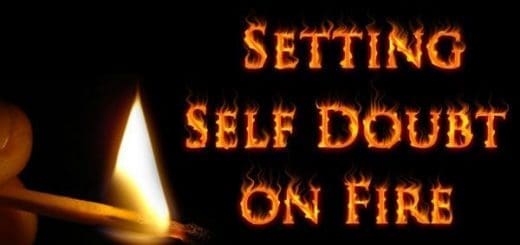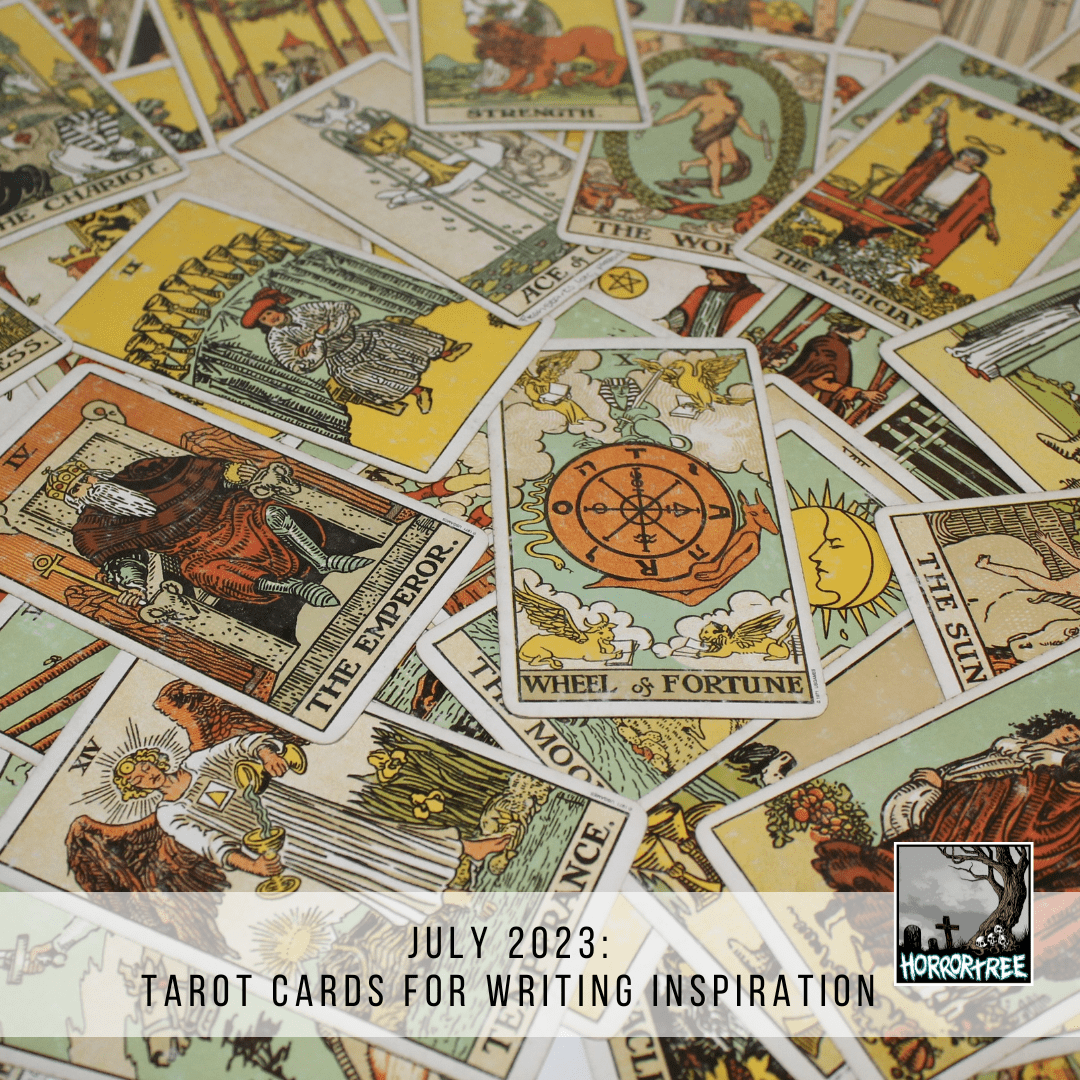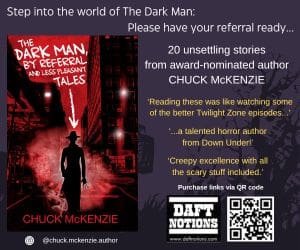WIHM: Don’t Do It Alone
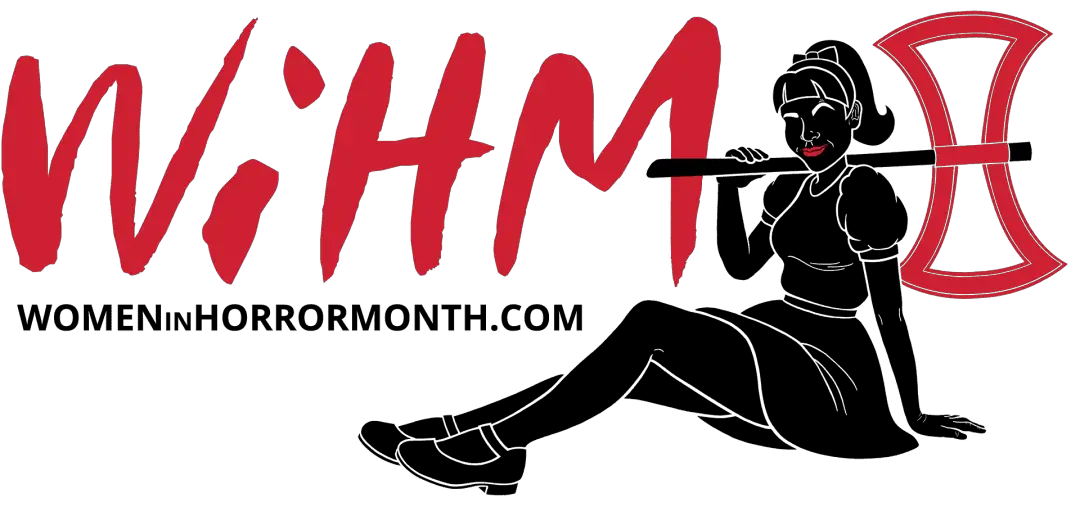
Don’t Do It Alone
By: KC Grifant
Writing is hard. Whether a novice, intermediate or pro, there’s no denying that writing can be a very difficult—though incredibly rewarding—art form. It’s hard enough to deal with the mountains of rejections, the endless time required to write, the frustration of words that just aren’t coming. That’s why connecting with other writers is so important: it is much-needed fuel to keep us going and can help make us better at our craft.
But I like to be alone
One stereotype of writers, often with some truth to it, is that we tend to be introverted or at least very much in our heads, letting conversations pass us by as we think about the latest book we read or wonder how to capture someone’s peculiar mannerism in the written word. We require A LOT of alone time, not only to do the actual writing but also to tap into sources of inspiration.
Because writers tend to be more cerebral than average, and even occasionally socially awkward (raising my hand here), it can be hard for us to feel comfortable sharing our work with others. Writing is in many ways incredibly personal, even if you are writing fiction. The fear of being judged, especially when we’re just starting out, is intense.
Despite the powerful inclination to go it on our own, writing groups and associations are incredibly important, both for prompting personal growth and for providing solace against the overwhelming odds. Sometimes it’s easy to feel like a charlatan or failure or like you’re not a real writer. Maybe you haven’t been published yet or have but with little success. Maybe you can’t write full time or can’t even find the time to write every day. But as long as you are writing, slow or painful as it sometimes is, you are a writer. Having a group can help you remember this.
This is especially important when it comes to genre writing. I had tried for years and years to find a writer’s group but after the occasional writer workshop or conference, I often felt more frustrated and isolated than ever before. The problem, I later realized, is that many general writing classes and groups are very heavily focused on literary fiction. As a genre writer (I write horror, science fiction and fantasy), this can be incredibly isolating because, though there are many core best writing practices among all types of writing, genres have unique challenges and focuses that literary writers just won’t get.
Though you will absolutely learn to grow as a writer by studying the craft and putting in the hours of practice, nothing can substitute feedback from actual writers—and writers in your genre. Getting other perspectives is invaluable too (such as from family members and friends) but your fellow writers are more likely to articulate problem areas and provide constructive edits.
Finding your tribe
The Horror Writers Association (HWA) is where I found my current writing family so to speak. What I love about the HWA is that anyone can join one of the different tiers of memberships (called associate, affiliate and active), depending on their number of qualifying publications. This lets a wide range of members join: from beginning writers with no publications under their belts, to New York Times bestselling authors, and everything in between. I’ve also met publishers, screenwriters, publicists, agents and editors in HWA, which gives a wonderfully wide perspective to the field of horror.
HWA has regional chapters (I co-founded the San Diego HWA Chapter last year), which gives a lot of freedom for local members to choose what they want to do and how often to meet. Aside from the yearly national horror writing event, StokerCon, and the stellar mentorship program, one of my favorite things about HWA is how well women are represented. As just two examples, the current HWA President, Lisa Morton, is an award-winning fiction writer and one of the world’s leading experts on Halloween (read her WiHM blog recommendations on horror stories featuring female protagonists here), while California-native and HWA member Nancy Holder is a New York Times bestselling author whose latest work includes the novelization of the new Ghostbusters movie. Founded in 1985, HWA is the oldest running organization of its kind and boosts many other famous and luminary women in horror as well. Membership spans well over 1,000 participants in over a dozen countries.
There are plenty of other groups out there too, depending on what you write. Mystery Writers of America, International Thriller Writers, Sisters in Crime and Science Fiction & Fantasy Writers of America are just a few. But maybe an official organization isn’t your thing. Many bookstores offer reading groups and author signings and that can be a great place to meet other writers (Mysterious Galaxy and Dark Delicacies are two examples of independent bookstores that support horror writers in Southern California). All it takes is a casual chat, a suggestion to read each other’s work and you’re good to go! I highly recommend in-person writing groups or exchanges: just like with education, there is a huge benefit to networking, meeting and interacting in person that cements relationships in a way that takes much longer online. A word of caution here: no organization or group is perfect and writers’ groups are what you make of it. For a successful dynamic in a group or writing-based relationship, the interactions should be positive, strive to uplift each other, and based on honesty.
Sharing your stuff
Whatever writers’ group you join or writer friend you connect with, eventually you will want to share your stories. It’s good to have ground rules and a shared expectation of what level of feedback all parties are looking for. In general, offering a “beta read”–reading each other’s near-final, polished works with feedback consisting of overall and general impressions–is a good place to start.
As for ways of sharing, I like Google Docs personally, because it’s free, works offline and online, and is incredibly easy to share, track changes and add comments–plus you can easily write, edit and comment through its corresponding phone apps.
Many novices are afraid of sharing their work for fear of someone stealing your idea. I was in the same mindset for a long time. However, this is more self-defeating than protective. Most cases of plagiarizing I’ve heard of happened after the stories were published. Regardless of pre or post-publishing, the law is on your side: you will inevitably have digital records and files to support your case and can always send “Cease and Desist” letters and take legal action if necessary. You could have the best ideas in the world but it’s not going to matter until you write it, and then share it, beyond yourself.
Talking with other writers and people in your genre can lead to all sorts of good stuff: formal collaborations, the right piece of feedback to make a plot fall into place, and simple inspiration to keep on going. The most valuable thing I learned from my writing groups so far is that, so long as you work hard and strive to improve, you’re not a failure as a writer, no matter how large that mountain of rejection letters grows.
Connecting with kindred spirits is soul food for writers of all levels. Right now is a great time to be a horror writer, for men and women alike, so find your writing buddies and get to work!
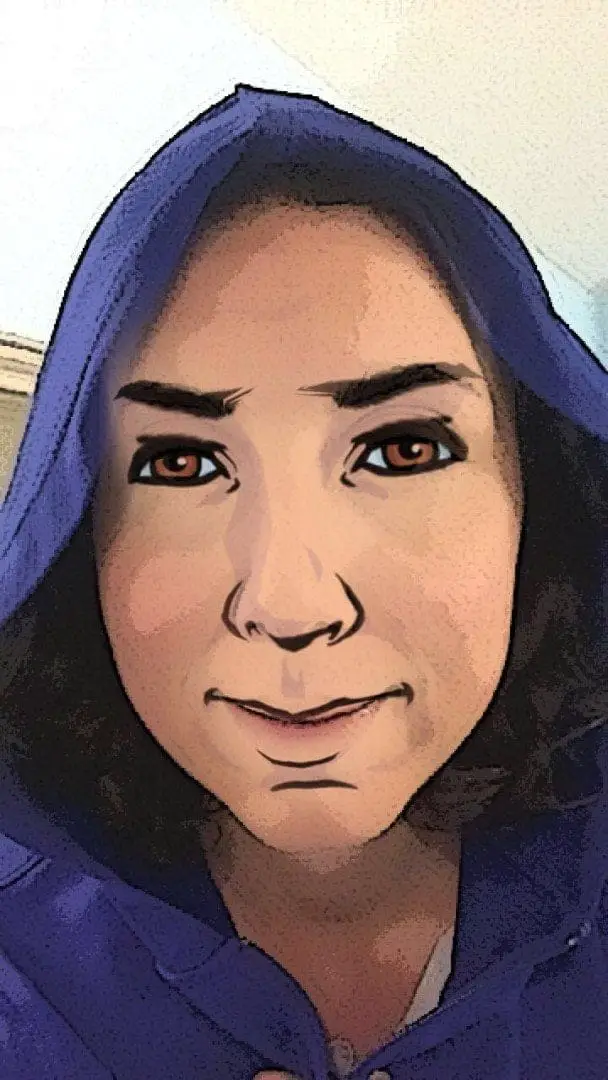
KC Grifant
Author
KC Grifant is a New England-to-SoCal transplant who writes horror, fantasy and scifi, with a particular focus on emerging technologies, biomedicine and mythology. The founding co-chair of the Horror Writers Association’s San Diego Chapter, KC has written stories for the Lovecraft Ezine, Electric Spec and two anthologies, What Has Two Heads, Ten Eyes, and Terrifying Table Manners? and Frightmare: Women who Write Horror.
Homepage: www.SciFiWri.com.
Amazon: https://www.amazon.com/KC-Grifant/e/B01B3O66AY.
- About the Author
- Latest Posts
Stuart Conover is a father, husband, published author, blogger, geek, entrepreneur, horror fanatic, and runs a few websites including Horror Tree!


